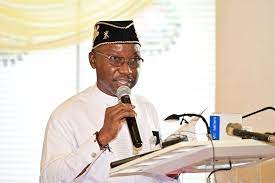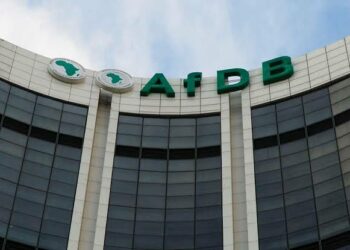In a significant development aimed at alleviating financial burdens in Nigeria’s gas sector, the federal government has announced payments exceeding $120 million to gas suppliers out of a total debt of $1.3 billion owed.
This announcement was made by the director of the Decade of Gas Secretariat, Mr. Ed Ubong, during the ongoing 7th Edition of the Nigeria International Energy Summit (NIES 2024).
Speaking at a session themed: “From Blueprint to Reality: Navigating Nigeria’s Gas Decade and Balanced Narrative on Energy Transitions,” Ubong highlighted the importance of these payments in tackling outstanding debts within the industry.
“The arrears gas producers were owed as at 2023 was about 1.3 billion dollars, but between October and the end of January 2024, the government had paid over 120 million dollars,” Ubong stated, underlining the government’s commitment to resolving financial challenges in the gas sector.
While acknowledging the progress made in offsetting a portion of the debts, Ubong emphasised ongoing efforts to formulate a comprehensive framework to liquidate the remaining balance. “That’s a piece of work that is ongoing, and we hope that it will be approved, and then the industry can move away from those issues,” he explained.
Ubong called upon critical stakeholders in the oil and gas industry to collaborate with the government in repositioning the sector for enhanced economic prosperity.
Highlighting the vast potential of Nigeria’s gas resources, Ubong revealed, “Sitting at the back of the earth is about 300 million to 600 million scuff of gas which can become available once the OB3 gas pipeline is completed.”
He further explained, “Once OB3 is completed, over 600 million scuff of gas will become available on the network feeding into the Ajeokuta-Kaduna-Kano (AKK) Gas Pipeline.”
In addition to addressing financial challenges, Ubong stressed the importance of capacity building in the gas sector, encouraging young professionals to contribute their expertise to the industry’s growth.
Echoing Ubong’s sentiments, Mr. Akachukwu Nwokedi, President of the Nigerian Gas Association (NGA), raised concerns about the impact of multiple taxation and regulatory hurdles on business operations within the sector.
“These have to stop and the approach needs to be harmonised and streamlined to enable businesses and encourage investment,” Nwokedi asserted, advocating for investor-friendly policies akin to those implemented in countries like Australia.
Nwokedi also commended the Petroleum Industry Act (PIA) as a positive legislative instrument responsible for driving progress in the sector.
The recent challenges faced by Nigeria’s power sector were highlighted, with the Transmission Company of Nigeria (TCN) attributing low power generation and distribution to gas constraints experienced in January 2024.
The ongoing NIES 2024, themed: “Navigating the New Energy World Order: Security, Transition, and Finance,” provides a crucial platform for discussions aimed at shaping Nigeria’s energy landscape.
The summit, which commenced on February 26, will continue until March 1, serving as a catalyst for strategic initiatives to address challenges and explore opportunities in the energy sector.





